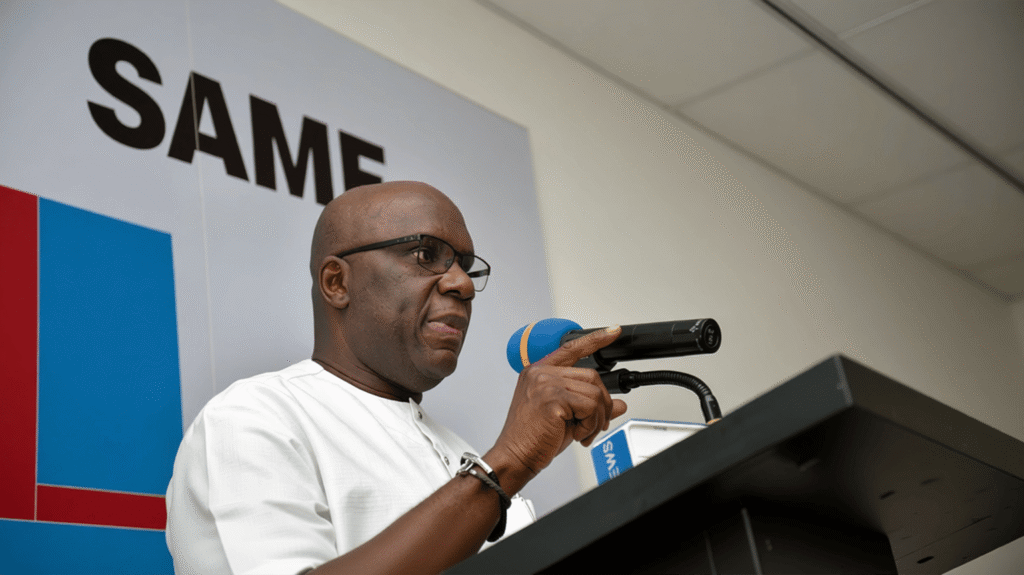Nigeria Customs Introduces $300 Duty-Free Policy for Low-Value Imports

The Nigeria Customs Service Board (NCSB) has officially approved a new de-minimis threshold that exempts low-value imports of $300 and below from the payment of customs duties and associated taxes.
This policy, which comes into effect on Monday, September 8, 2025, is expected to ease the clearance of small consignments, enhance trade facilitation, and strengthen Nigeria’s rapidly expanding e-commerce sector. The approval was granted during the 63rd regular meeting of the board, chaired by the Minister of Finance and Coordinating Minister of the Economy, Mr. Wale Edun. The NCS explained that the initiative is consistent with international best practices and designed to reduce bottlenecks at entry points while cutting costs for small businesses and individual consumers. According to the board, the duty-free threshold will apply primarily to shipments coming in through courier services and passenger baggage, provided they do not include items classified as prohibited or restricted. To safeguard the system against misuse, each individual will only be permitted to benefit from the waiver four times per year. In a statement, the Customs Board defined the de-minimis threshold as “the value below which imported goods are exempted from customs duties and related taxes, as established by national legislation.” Officials stressed that while the policy will ease clearance procedures, it does not override existing controls on restricted or banned items, which remain subject to full customs regulations. The Comptroller-General of Customs, alongside board members, also issued strict directives to officers at all ports and border posts to ensure transparent and professional implementation of the new rule. Customs personnel were warned against extortion, delays, or any practices capable of frustrating the purpose of the reform. Economic observers believe the new policy could mark a turning point for Nigeria’s import and retail landscape. For consumers, it means small online purchases and low-value goods can now be cleared faster and at reduced costs. For e-commerce platforms and logistics providers, it could significantly improve delivery timelines and reduce congestion at ports of entry. However, questions have been raised about possible revenue shortfalls for the government, as a segment of imports will now bypass duties. There are also concerns about importers splitting consignments into smaller values to avoid paying tariffs. Customs authorities have assured that tighter monitoring systems will be in place to check such practices and preserve the integrity of the initiative. With this development, Nigeria joins a growing list of countries adopting de-minimis policies to align with global trade facilitation measures. In the coming days, the NCS is expected to release detailed operational guidelines outlining how the $300 threshold will be applied, as well as the specific procedures for importers, courier firms, and travellers.









